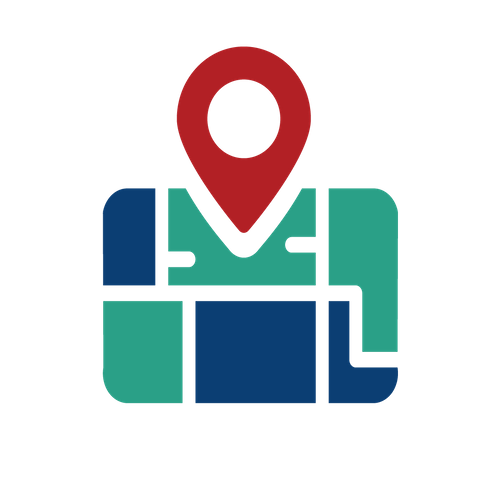

join us for our national launch event as we publish the 6th edition of the NCL Standings
Coming this Fall! Our annual, crowd-sourced report provides an overview of municipal climate action in over 50 cities, towns and regions — including a policy scan, data visualizations and analysis. Save the date for October 3rd and sign-up to receive the official invite!
What is the National Climate League?
We work with volunteers across the country to collect policies, quantitative data, and case studies tracking municipal action on climate, health, wellbeing and the environment. Together, we compile this data into a nation-wide assessment of the state of local climate action.

Illustration by Raymond Biesinger
Why should I participate?
There are many reasons why you might be interested in participating! Here are a few :

Local Climate Action
Learn more about what climate action looks like at the local level and how it connects to housing, affordability, transportation, green space, and more

Plans and Policies
Track what plans and policies your city has in place when it comes to building green and equitable communities, and whether it is following through

Community Stories
Learn about inspiring stories and examples of what is happening in other communities across Canada

Tool for Local Decision-Making
Contribute to building a tool developed by citizens, for citizens! By equipping people with useful, easy to interpret data, the survey will aid citizens’ participation in local decision-making
Frequently Asked Questions
Find out more about what being an NCL volunteer means
Who can participate?
What is the time commitment?
Do volunteers collect data for the community where they live ?
What does the process look like?
1Online Training
The project kicks off with an online training on November 9th or 14th. The training will consist of an introduction to municipal governance and local climate action, followed by an orientation to the survey questions, and how to collect relevant data.
2Data Collection
Much of the data can be collected through web-based research, and looking through municipal plans, reports, and online datasets. Volunteers also reach out to city officials, requesting them to fill in gaps and confirm accuracy.
The data collection period is open until the end of February, 2024.
3Final Report
The volunteer-collected data will be presented in a final report by Climate Reality Project Canada in June, 2024.
Timeline
October-November
Volunteer Recruitment
November 9 or 14
Volunteer training
November-February
Data Collection period
January 11
Check-in
February 9
Deadline to send data to officials
February 29
Deadline for officials to confirm
March-May
Analysis, writing and design
June
Launch of the survey results and report!
Testimonies From Past Volunteers

Claire Buchanan
Sustainable Orillia
"What I found fascinating was the citizen-based research aspect of this whole report. It was neat to see the 57 cities participate and how the actions of a group of volunteers can contribute so much information to a community-based report. It just goes to show that a small group of people can make a difference!"

Eve Layman
Thompson Okanagan Tourism Association
"I felt that the report was an excellent tool to engage municipalities around successful actions that cities can take to impact climate change."

Pamela Nicholas
Climate Reality Project Regional Organizer
"It was interesting for me to discover more about my community's planning to deal with the climate crisis."
The Climate Reality Project Canada’s office is located on land which has long served as a site of meeting and exchange amongst Indigenous peoples, including the Haudenosaunee and Anishinabeg Nations. Our organization honours, recognizes and respects these Nations as the traditional stewards of the lands and waters on which we are today.










